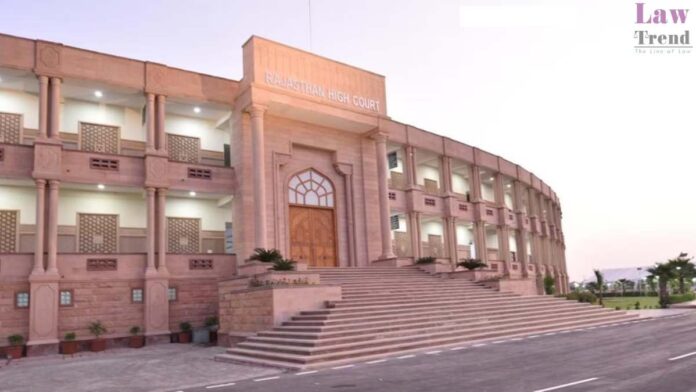In a recent judgment, the Rajasthan High Court ruled that sisters of a deceased individual cannot be considered legal representatives when the first-class heirs, such as the wife, son, and daughter, are surviving. This ruling came as the court dismissed a revision petition challenging the substitution of legal representatives in an ongoing eviction suit. Background
To Read More Please Subscribe to VIP Membership for Unlimited Access to All the Articles, Download Available Copies of Judgments/Order, Acess to Central/State Bare Acts, Advertisement Free Content, Access to More than 4000 Legal Drafts( Readymade Editable Formats of Suits, Petitions, Writs, Legal Notices, Divorce Petitions, 138 Notices, Bail Applications etc.) in Hindi and English.




